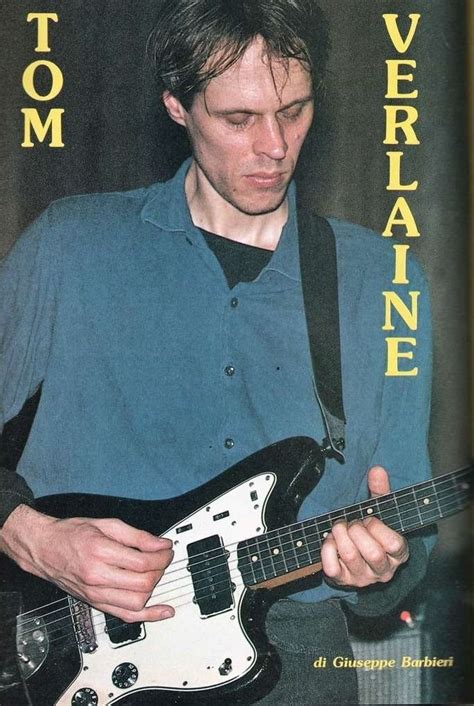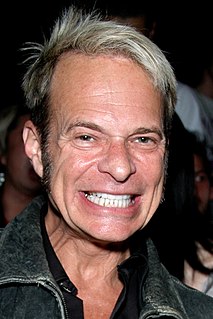A Quote by John Ruskin
The power of painter or poet to describe what he calls an ideal thing depends upon its being to him not an ideal but a real thing. No man ever did or ever will work well but either from actual sight or sight of faith.
Related Quotes
"You cannot believe what you are saying." "Well, no. Hardly ever. But the philosopher is like the poet. The latter composes ideal letters for an ideal nymph, only to plumb with his words the depths of passion. The philosopher tests the coldness of his gaze, to see how far he can undermine the fortress of bigotry."
Every really able man, in whatever direction he works - a man of large affairs, an inventor, a statesman, an orator, a poet, a painter - if you talk sincerely with him, considers his work, however much admired, as far short of what it should be. What is this Better, this flying Ideal, but the perpetual promise of his Creator?
...You cannot live by sight and by faith, neither can you live by fear and by faith. It either has to be by faith or by fear, by faith or by sight. Which way are you living? Faith takes out the anxiety It takes out the fear. Faith leans heavy on the Lord. It knows that the Bible is so and can be trusted and that we can live by it and all of our needs will be supplied.
There is no such thing as a faithless person; we either have faith in the power of love, or faith in the power of fear. For faith is an aspect of consciousness. Have faith in love, and fear will lose its power over you. Have faith in forgiveness, and your self-hatred will fall away. Have faith in miracles, and they will come to you.
Some men -- not all men -- see always before them an ideal, a mental picture if you will, of what they ought to be, and are not. Whoso seeks to follow this ideal revealed to the mental vision, whoso seeks to attain to conformity with it, will find it enlarge itself, and remove from him. He that follows it will improve his own moral character, but the ideal will remain always above him and before him, prompting him to new exertions.





































